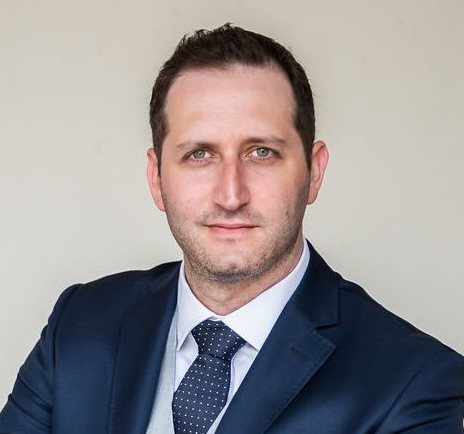Mobenzi to map socio-economic impact of Covid-19

Beyond infection rates and spread, understanding the socio-economic impact of the virus is imperative for us to coordinate much-needed support. Access to data will allow us to track, measure and effectively distribute resources as and when they are needed.
Mobenzi, a locally developed data collection platform, is making this possible through its free Covid-19 impact response tool.
With the collective reality of Covid-19 lockdown starting to hit home, the practicalities and implications of remote workforces and physical distancing are making themselves felt.
“While for many it’s currently a waiting game, this comes with its own costs and disadvantages – as well as very real anxieties on both a personal and professional level,” says Andi Friedman, co-founder of Mobenzi.
“Already we’re seeing businesses in the retail, hospitality, training and entertainment spaces start reaching out to customers to try and limit the impact of Covid-19. What we don’t yet understand, however, is what this collective impact will look like and mean for communities, organisations and business as time passes. The sooner we get a more accurate picture of this, the sooner we can create real meaningful solutions to mitigate local impact.”
Friedman references reports coming from the United States and Europe in particular, where local and national governments are grappling to get the insights they need to effectively identify and help the most vulnerable communities and groups.
“Much of the initial focus – as it needed to be – was on infection rates, spread and containment. This after-shock period is proving extremely challenging though. To leverage financial instruments in response, for example, you’re reliant on accurate data to determine effectiveness.”
The socio-economic impact
He argues that South Africa has an opportunity to start addressing the socio-economic impact curve upfront, by collecting as much of this data as possible so that we can understand trends and patterns as and when they emerge.
“What will shopping malls and taxi ranks look like in two weeks’ time for example? And how will the impact of unexpected university and school closures be felt in rural communities if this is for a far more extended period? Very importantly, what does mental health of workers start looking like in a month if they’re all still based at home?”
He is hopeful that Mobenzi’s free Covid-19 response toolkit will help.
The toolkit has been launched with several easy-to-use templates that the team has developed to address critical data needs currently emerging in the space, notably understanding socio-economic impact; ensuring business continuity, and reducing the spread of fake news.
Each template is a pre-built form that can be accessed via web or mobile. Organisations are able to tailor the forms to their specific data needs or create their own forms from scratch. The rapid assessment forms are quick to answer and do not require much data to complete. All data is protected and secured as per international best practice. “While companies will be able to use the business continuity tool internally, and leverage those insights and data, the impact and fake news data will be centrally collated and shared with relevant authorities and organisations.”
With so much at stake for individuals, business and communities, and so much still unknown, the Mobenzi team is positive about the use of this real-life application of their “data for good” technology.
“For South Africa to overcome both the virus and its impact, collaboration and knowledge-sharing is imperative. We’re hoping that our contribution to this collective fight will make a real difference to individuals – no matter who they are and how they are affected,” says Friedman.
























